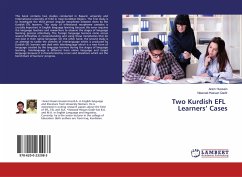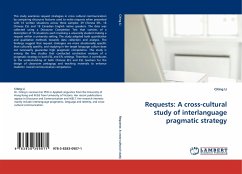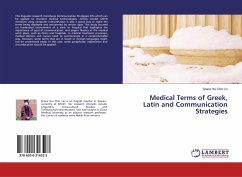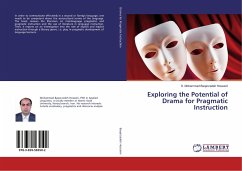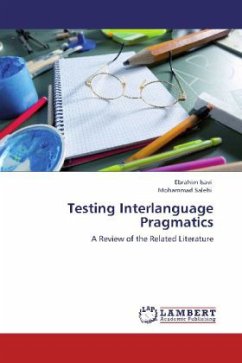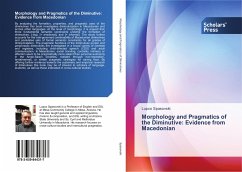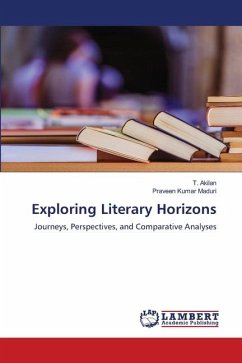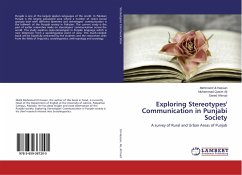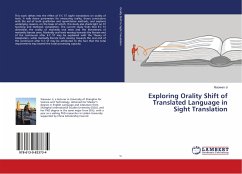
Exploring Research Methods in Interlanguage Pragmatics
A study based on apologies
Versandkostenfrei!
Versandfertig in 6-10 Tagen
28,99 €
inkl. MwSt.

PAYBACK Punkte
14 °P sammeln!
This book explores the issue of research methods in interlanguage pragmatics. Particularly, it examines the task effect of two different elicitation instruments, namely open role-plays and interactive written discourse completion tasks/tests (DCTs), and the potential of retrospective verbal reports in combination with the aforementioned instruments. The distinguishing feature of the study is using two elicitation methods which are designed from an interactive perspective. Findings from this study indicate that the interactive nature of the instruments seems to positively affect participants' e...
This book explores the issue of research methods in interlanguage pragmatics. Particularly, it examines the task effect of two different elicitation instruments, namely open role-plays and interactive written discourse completion tasks/tests (DCTs), and the potential of retrospective verbal reports in combination with the aforementioned instruments. The distinguishing feature of the study is using two elicitation methods which are designed from an interactive perspective. Findings from this study indicate that the interactive nature of the instruments seems to positively affect participants' elicitation of apologies since the quantity and the quality of the data collected exhibits a similar pattern across the two research methods. Furthermore, in this study, retrospective verbal reports appear to be instrumental in gathering information about participants' pragmatic production. Finally, the book ends with a discussion of some future research directions in the field of pragmatic testing.



